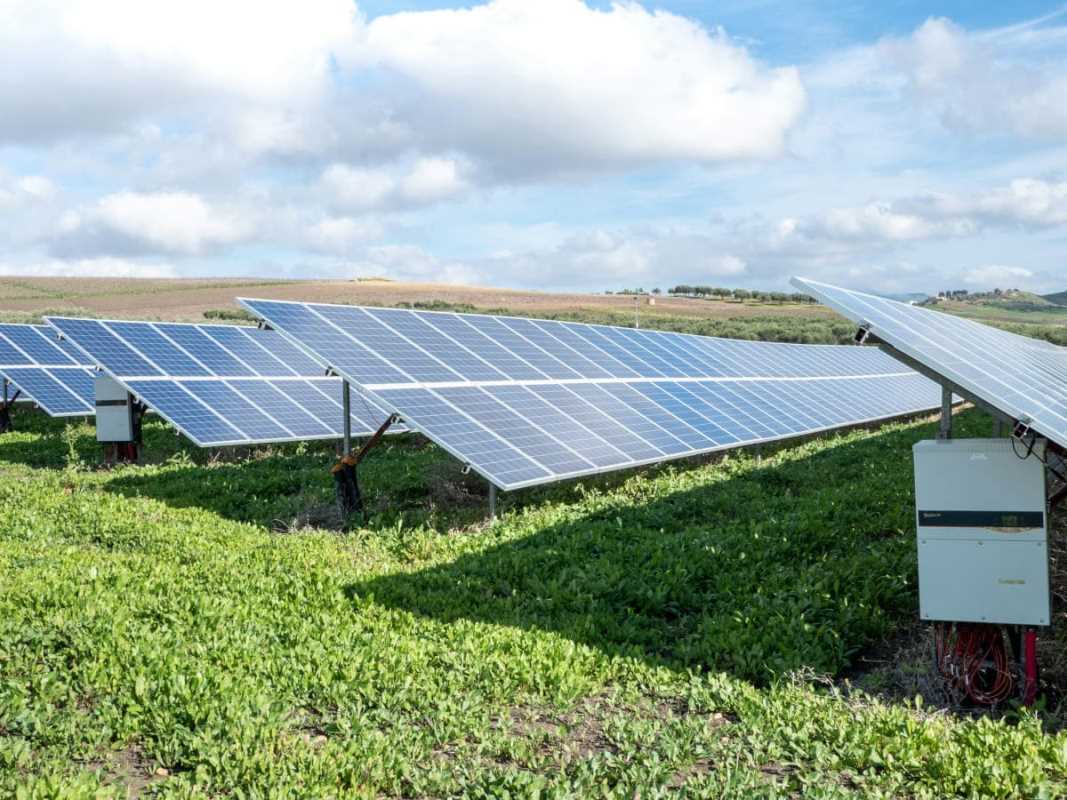Investing in clean energy is no longer just an altruistic endeavor for a better planet — it’s a savvy financial move for individuals and businesses alike. Renewable energy sources like solar, wind, and hydro offer not only environmental benefits but also a range of economic advantages. Whether you’re looking to cut costs, enhance property value, or diversify your investment portfolio, clean energy has something to offer.
Let’s explore how clean energy investments can create financial gains while supporting a more sustainable world.
A Win-Win for Your Wallet and the Planet
The promise of lower energy bills is one of the most immediate and tangible benefits of investing in clean energy. By generating your own electricity through solar panels or wind turbines, you can significantly reduce your reliance on traditional utilities.
How It Works
- Solar Panels: These harness the sun’s power to generate electricity, which can cover a substantial portion of your energy needs.
- Net Metering: Many regions allow you to sell excess energy back to the grid, potentially earning credits or cash.
Real-Life Savings
Over time, the savings add up. For example, a typical homeowner who installs solar panels might save thousands of dollars over two decades, recouping the upfront costs and then profiting from free, renewable energy.
Additional Benefits:
- Protection against rising utility rates.
- Reduced dependence on non-renewable energy.
The Government Wants to Help You Go Green
Governments around the globe recognize the importance of renewable energy and offer enticing incentives to encourage adoption. These financial perks can dramatically reduce the initial investment required for clean energy systems.
Common Incentives
- Federal Tax Credits: In the U.S., for instance, homeowners can claim a percentage of their solar installation costs as a tax credit.
- State and Local Rebates: Some regions offer cash-back rebates for clean energy installations.
- Grants and Loans: Special financing options make clean energy projects accessible to more people.
The Bottom Line
By taking advantage of these programs, you could save thousands of dollars upfront, accelerating your return on investment and easing the transition to clean energy.
Green Is the New Gold
Investing in clean energy isn’t just about saving money; it’s also a way to increase the value of your home or business property. Buyers and renters are increasingly drawn to energy-efficient properties for their long-term cost savings and environmental benefits.
Why It Matters
- Higher Market Appeal: Properties with solar panels, smart energy systems, or efficient appliances stand out in competitive markets.
- Premium Pricing: Studies show that homes with solar panels can sell for up to 4% more than comparable properties without them.
Business Benefits
For commercial properties, clean energy features can attract eco-conscious tenants or partners, leading to higher occupancy rates and better leasing terms.
Hedging Against Energy Price Volatility
Energy prices are often at the mercy of geopolitical events, supply chain disruptions, and natural disasters. Clean energy provides a buffer against these fluctuations, offering price stability over the long term.
The Advantages
- Stable Power Costs: Once your clean energy system is installed, operational costs are minimal, unlike fossil fuels, which are subject to global market swings.
- Future-Proofing: As governments phase out subsidies for fossil fuels, traditional energy costs are likely to rise, making renewables an even smarter choice.
A Real-World Scenario
Consider an industrial plant that switches to solar energy. While competitors grapple with rising electricity rates, this plant benefits from predictable, low-cost power, improving its bottom line and market competitiveness.
Supporting Job Creation and Economic Growth
Clean energy investments aren’t just about individual benefits — they’re also a driver for broader economic growth. The renewable energy sector is booming, with new projects creating jobs and stimulating local economies.
Job Opportunities
- Manufacturing: Producing solar panels, wind turbines, and energy-efficient equipment.
- Installation and Maintenance: Skilled workers are in demand to set up and service these systems.
- Research and Development: Innovating cleaner and more efficient technologies.
Economic Ripple Effects
By investing in clean energy, you’re contributing to a growing sector that supports families, communities, and regional development. This is especially impactful in areas transitioning away from traditional fossil fuel industries.
Diversifying Your Investment Portfolio
For those looking beyond traditional stocks and bonds, clean energy offers a promising avenue for diversification. With the global shift toward sustainability, renewable energy projects are becoming increasingly lucrative.
Types of Investments
- Renewable Energy Funds: These allow you to invest in a basket of companies involved in clean energy.
- Direct Ownership: Own a share in solar farms, wind turbines, or other projects.
- Green Bonds: Issued by governments or corporations to fund renewable energy initiatives.
Why It’s a Smart Move
- Stable Returns: Clean energy projects often provide steady income through power purchase agreements (PPAs) or government incentives.
- Long-Term Growth: As demand for renewables rises, the value of these assets is likely to appreciate.
Risk Mitigation
Diversifying into clean energy can help cushion your portfolio against the volatility of traditional markets, making it a strategic addition to your financial strategy.
Getting Started with Clean Energy Investing
Ready to make the leap? Here’s a quick guide to begin your clean energy investment journey:
Evaluate Your Needs - Determine your goals: cost savings, property value increase, or portfolio diversification.
Research Incentives - Check local, state, and federal programs for available rebates and credits.
Choose the Right System
- Solar panels for sunny areas.
- Wind turbines for locations with consistent winds.
- Hydro power if you have access to flowing water.
Consult Experts - Speak with financial advisors or energy consultants to tailor a strategy.
Investing in clean energy is more than a financial decision — it’s a step toward a sustainable future. The shift to renewable resources is accelerating, driven by advancements in technology, policy support, and growing public awareness. By joining this movement, you’re not only protecting your finances but also contributing to a healthier planet for future generations.







.jpg)